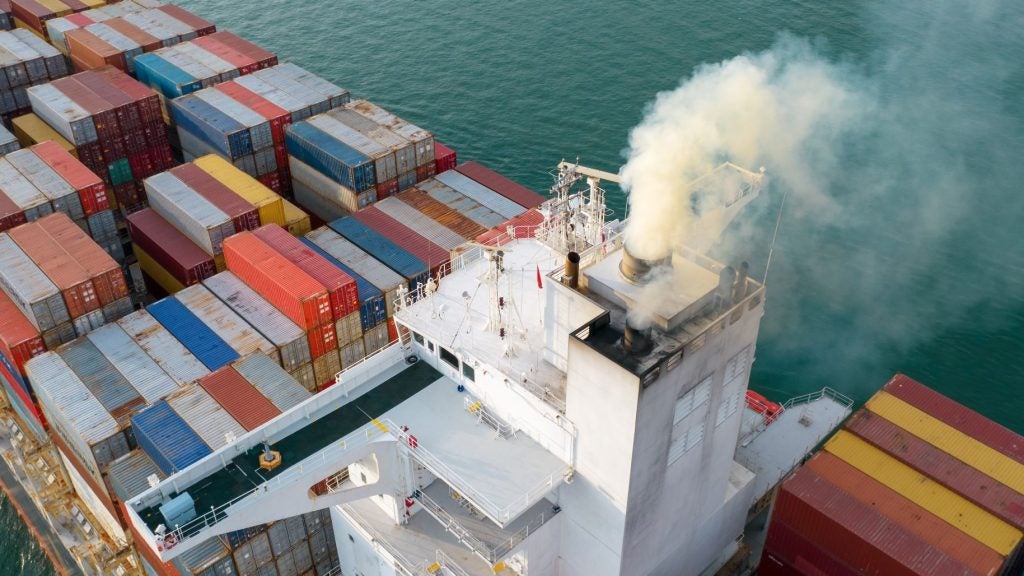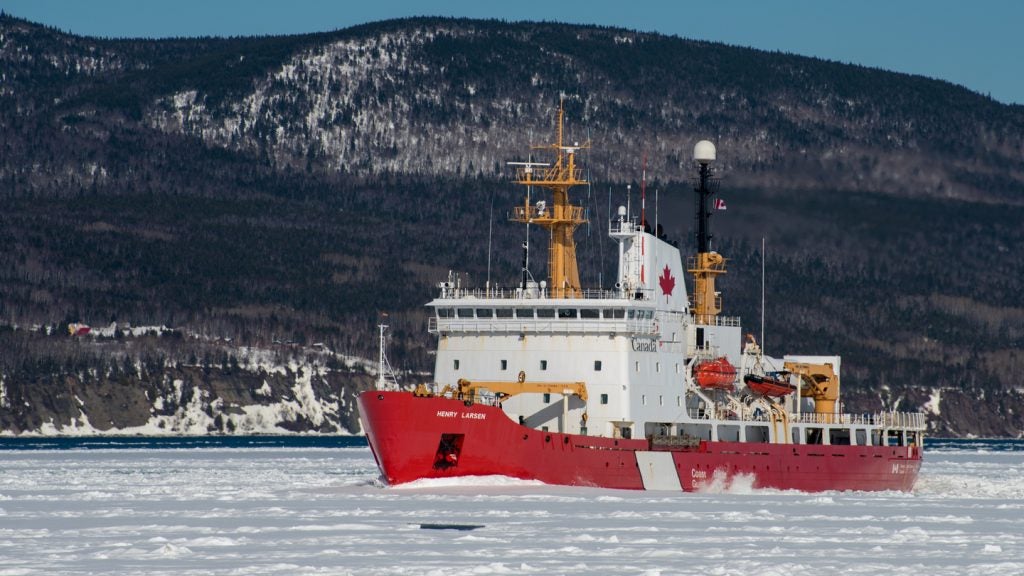

A new study conducted by Tel Aviv University's (TAU) Department of Zoology in Israel has found that biofouling on ships' hulls is contributing to the spread of invasive marine species in the Mediterranean Sea.
The research also showed that half of the marine vessels passing along the Mediterranean coast of Israel carry invasive ascidians, which are sac-like marine invertebrate filter feeders that pose a risk to the global ecosystem.
The TAU Department of Zoology study was led by Dr Noa Shenkar and conducted by Mey-Tal Gewing.
Dr Shenkar said: “These organisms are well known in the US and Canada.
“In Israel, they are passing through the Suez Canal, latching onto ropes and the bottom of the ship. They're filter feeders, so they cover and clog every surface they latch onto, creating a lot of drag for the ship and damaging marine biodiversity in their new environments.
See Also:
“They're a major threat to our coasts and are very costly to ship owners.”
How well do you really know your competitors?
Access the most comprehensive Company Profiles on the market, powered by GlobalData. Save hours of research. Gain competitive edge.

Thank you!
Your download email will arrive shortly
Not ready to buy yet? Download a free sample
We are confident about the unique quality of our Company Profiles. However, we want you to make the most beneficial decision for your business, so we offer a free sample that you can download by submitting the below form
By GlobalDataResearchers inspected 45 vessels pulled from the sea and cleaned in different shipyards around Israel during the study.
Both commercial and military boats were inspected as part of the investigation.
The results found that military vessels, which undergo maintenance every six months, were more prone to ascidian invasion than the commercial vessels that are only mandated to be cleaned every two years.
Dr Shenkar further added: “Military vessels are cleaned every six months but are not being properly cleaned for these invasive species.
“These species hide on the sea chest, under the bottom of the boat.
"Maintenance for commercial ships is much more thorough, including repainting and hosing down every nook and cranny of the vessel.”
The study also found increase in temperatures lead to rise in the number of ascidians.
The researchers are currently working with policymakers in Israel and the European Union (EU) to customise new environmental protection measures that could stop the introduction of non-indigenous ascidians into new environments.
Image: A ship hull. Photo: courtesy of Tel Aviv University.







